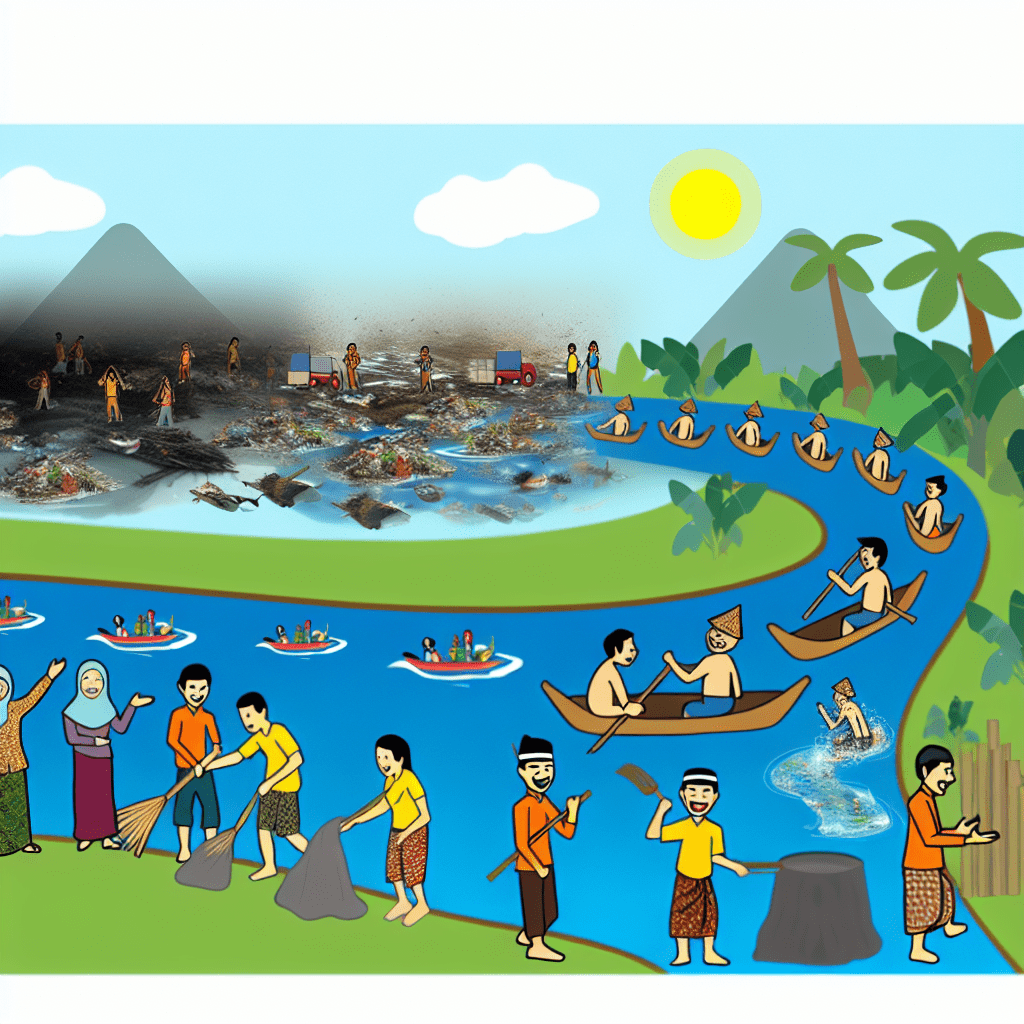”
Despite possessing extensive freshwater resources, Indonesia faces daunting water quality challenges. This article delves into these issues, their roots, and proposes potential solutions to achieve cleaner, safer water.
Core problems of Indonesia’s water quality can be traced back to industrial pollution, agricultural runoff, inadequate wastewater treatment, and the escalating impacts of climate change.
Major pollutants in Indonesia’s waters include hazardous heavy metals, harsh industrial effluents, untreated sewage, and an excess of nutrients cultivating detrimental algal blooms. These pollutants pose serious health risks, disrupt fragile aquatic ecosystems, and put immense pressure on water treatment systems.
While the Environmental Protection and Management Law provides a regulatory framework for water management, ongoing water quality challenges accentuate the urgent need for comprehensive, sustainable strategies.
Addressing water quality in Indonesia requires stricter regulations on industrial and agricultural pollutants, significant investment in advanced wastewater treatment facilities, a stronger emphasis on sustainable farming practices, and the development of climate-resilient water management strategies.
In addition, investment in public awareness campaigns and education is key to making significant progress. Nationwide campaigns focused on water conservation, reducing pollution, and emphasizing the importance of clean water can spark significant changes in societal behavior and attitudes.
In conclusion, although the journey towards improved water quality in Indonesia seems difficult, it is entirely possible. By implementing robust policies, employing advanced technologies, and encouraging widespread public participation, Indonesia can transition from polluted bodies to pristine rivers.
By FountainGO!

